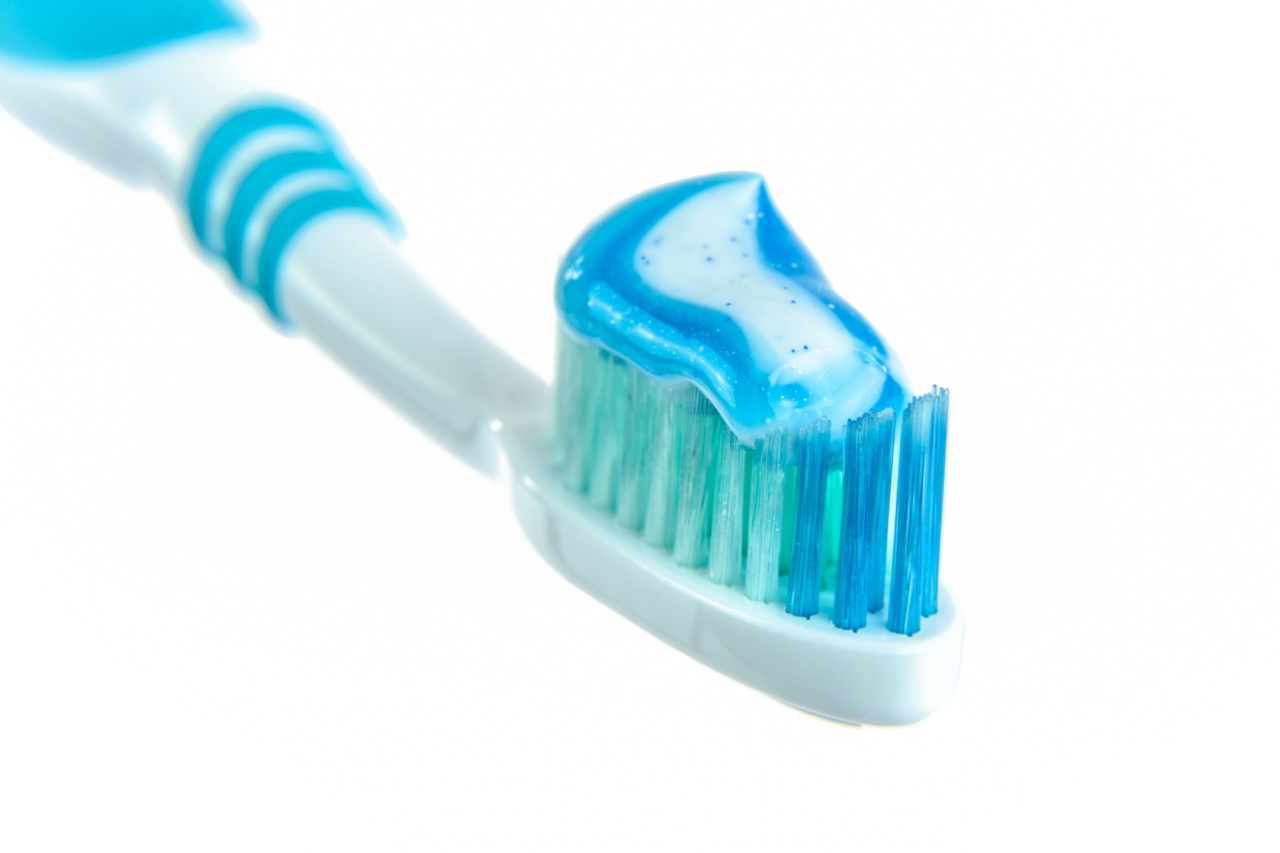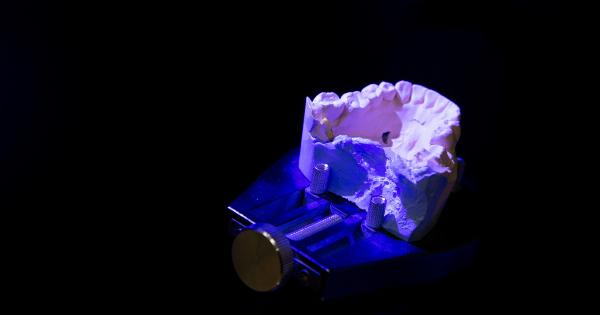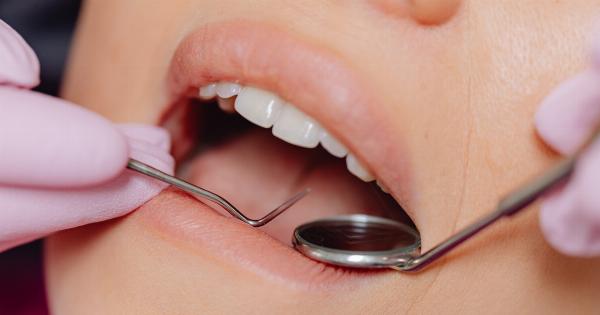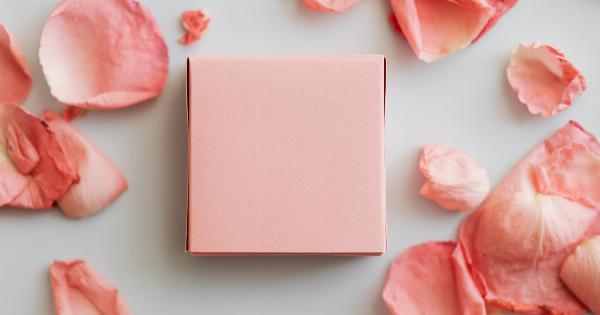Dental hygiene is an important aspect of our lives and is essential for maintaining healthy teeth and gums.
However, despite our best efforts, sometimes we make mistakes in our dental hygiene routine that can lead to dental problems if not corrected in time. In this article, we discuss some of the common mistakes people make in their dental hygiene routines, and how to avoid them.
: Not Brushing Long Enough
The American Dental Association (ADA) recommends brushing your teeth for at least two minutes, twice a day.
However, studies show that most people only brush for less than a minute, which is not enough time to remove the food particles and bacteria from the teeth and gums. To avoid this mistake, set a timer for two minutes while brushing your teeth and ensure that you brush all sides of the teeth and gums.
: Brushing Too Hard
While brushing your teeth, you may think that brushing harder will remove more plaque and debris, but this is not true. Brushing too hard can damage your teeth and gums, causing sensitivity, gum recession, and even tooth loss.
To avoid this mistake, use a soft-bristled toothbrush and apply gentle pressure while brushing.
: Using an Old Toothbrush
Toothbrushes wear out over time and become less effective in removing plaque and debris from the teeth and gums. The ADA recommends replacing your toothbrush every three to four months, or sooner if the bristles become frayed.
Using an old toothbrush can also spread bacteria, leading to infections and other dental problems.
: Skipping Flossing
While brushing your teeth is important, it only cleans the visible surfaces of the teeth. Flossing is essential for removing food particles and bacteria from the tight spaces between the teeth where the toothbrush cannot reach.
Skipping flossing can lead to gum disease, cavities, and bad breath. To avoid this mistake, floss at least once a day, preferably before brushing.
: Not Rinsing Your Mouth
Rinsing your mouth after brushing and flossing can help remove the loose debris and bacteria from your teeth and gums.
However, some people make the mistake of rinsing their mouth with water immediately after brushing, which can wash away the fluoride from the toothpaste. To avoid this mistake, use fluoride mouthwash after brushing and flossing, or wait for at least 30 minutes after brushing before rinsing your mouth with water.
: Consuming Sugary and Acidic Foods
Sugary and acidic foods can erode the enamel of your teeth, leading to cavities and tooth sensitivity. Foods like candies, sodas, citrus fruits, and vinegar-based dressings should be consumed in moderation to avoid dental problems.
If you do consume such foods, rinse your mouth with water afterward and wait for at least 30 minutes before brushing your teeth.
: Not Regularly Visiting the Dentist
Visiting the dentist regularly is essential for maintaining good oral health. Regular dental checkups can help detect and prevent dental problems before they become severe.
The ADA recommends visiting the dentist at least twice a year for routine cleanings and checkups. Not visiting the dentist regularly can lead to undetected dental problems that can require extensive and costly treatments later.
: Using the Wrong Toothpaste
There are different types of toothpaste available in the market, and using the wrong toothpaste can lead to dental problems. For example, using toothpaste meant for sensitive teeth can worsen tooth sensitivity if you don’t have sensitive teeth.
Additionally, using toothpaste that contains abrasive ingredients can damage your enamel. It’s important to choose a toothpaste that suits your oral health needs after discussing with your dentist.
: Not Practicing Tongue Cleaning
Cleaning your tongue is an essential part of your dental hygiene routine. The tongue harbors bacteria that can cause bad breath and other dental problems. Use a tongue scraper or brush to clean your tongue every day after brushing your teeth.
: Using the Wrong Brushing Technique
Brushing your teeth in the wrong way can lead to dental problems. For example, brushing your teeth in a horizontal back-and-forth motion can cause gum recession, while brushing your teeth in a circular motion can damage your enamel.
The ADA recommends brushing your teeth in a gentle circular motion, angling the toothbrush towards the gum line.


























